Applied Category Theory Meeting at UCR (Part 1)
Posted by John Baez
The American Mathematical Society is having their Fall Western meeting here at U. C. Riverside during the weekend of November 9th and 10th, 2019. Joe Moeller and I are organizing a session on Applied Category Theory!
We already have some great speakers lined up:
- Tai-Danae Bradley
- Vin de Silva
- Brendan Fong
- Nina Otter
- Evan Patterson
- Blake Pollard
- Prakash Panangaden
- David Spivak
- Brad Theilman
- Dmitry Vagner
- Zhenghan Wang
Alas, we have no funds for travel and lodging. If you’re interested in giving a talk, please submit an abstract here:
- General information about abstracts, American Mathematical Society.
More precisely, please read the information there and then click on the link on that page to submit an abstract. It should then magically fly through the aether to me! Abstracts are due September 3rd, but the sooner you submit one, the greater the chance that we’ll have space.
For the program of the whole conference, go here:
- Fall Western Sectional Meeting, U. C. Riverside, Riverside, California, 9–10 November 2019.
I will also be running a special meeting on diversity and excellence in mathematics on Friday November 8th. There will be a banquet that evening, and at some point I’ll figure out how tickets for that will work.
We had a special session like this in 2017, and it’s fun to think about how things have evolved since then.
David Spivak had already written Category Theory for the Sciences, but more recently he’s written another book on applied category theory, Seven Sketches, with Brendan Fong. He already had a company, but now he’s helping run Conexus, which plans to award grants of up to $1.5 million to startups that use category theory (in exchange for equity). Proposals are due June 30th, by the way!
I guess Brendan Fong was already working with David Spivak at MIT in the fall of 2017, but since then they’ve written Seven Sketches and developed a graphical calculus for logic in regular categories. He’s also worked on a functorial approach to machine learning—and now he’s using category theory to unify learners and lenses.
Blake Pollard had just finished his Ph.D. work at U.C. Riverside back in 2018. He will now talk about his work with Spencer Breiner and Eswaran Subrahmanian at the National Institute of Standards and Technology, using category theory to help develop the “smart grid”—the decentralized power grid we need now. Above he’s talking to Brendan Fong at the Centre for Quantum Technologies, in Singapore. I think that’s where they first met.
Nina Otter was a grad student at Oxford in 2017, but now she’s at UCLA and the University of Leipzig. She worked with Ulrike Tillmann and Heather Harrington on stratifying multiparameter persistent homology, and is now working on a categorical formulation of positional and role analysis in social networks. Like Brendan, she’s on the executive board of the applied category theory journal Compositionality.
I first met Tai-Danae Bradley at ACT2018. Now she will talk about her work at Tunnel Technologies, a startup run by her advisor John Terilla. They model sequences—of letters from an alphabet, for instance—using quantum states and tensor networks.
Vin de Silva works on topological data analysis using persistent cohomology so he’ll probably talk about that. He’s studied the “interleaving distance” between persistence modules, using category theory to treat it and the Gromov-Hausdorff metric in the same setting. He came to the last meeting and it will be good to have him back.
Evan Patterson is a statistics grad student at Stanford. He’s worked on knowledge representation in bicategories of relations, and on teaching machines to understand data science code by the semantic enrichment of dataflow graphs. He too came to the last meeting.
Dmitry Vagner was also at the last meeting, where he spoke about his work with Spivak on open dynamical systems and the operad of wiring diagrams. Now is implementing wiring diagrams and a type-safe linear algebra library in Idris. The idea is to avoid problems that people currently run into a lot in TensorFlow (“ugh I have a 3 × 1 × 2 tensor but I need a 3 × 2 tensor”).
Prakash Panangaden has long been a leader in applied category theory, focused on semantics and logic for probabilistic systems and languages, machine learning, and quantum information theory.
Brad Theilman is a grad student in computational neuroscience at U.C. San Diego. I first met him at ACT2018. He’s using algebraic topology to design new techniques for quantifying the spatiotemporal structure of neural activity in the auditory regions of the brain of the European starling. (I bet you didn’t see those last two words coming!)
Last but not least, Zhenghan Wang works on condensed matter physics and modular tensor categories at U.C. Santa Barbara. At Microsoft’s Station Q, he is using this research to help design topological quantum computers.
In short: a lot has been happening in applied category theory, so it will be good to get together and talk about it!


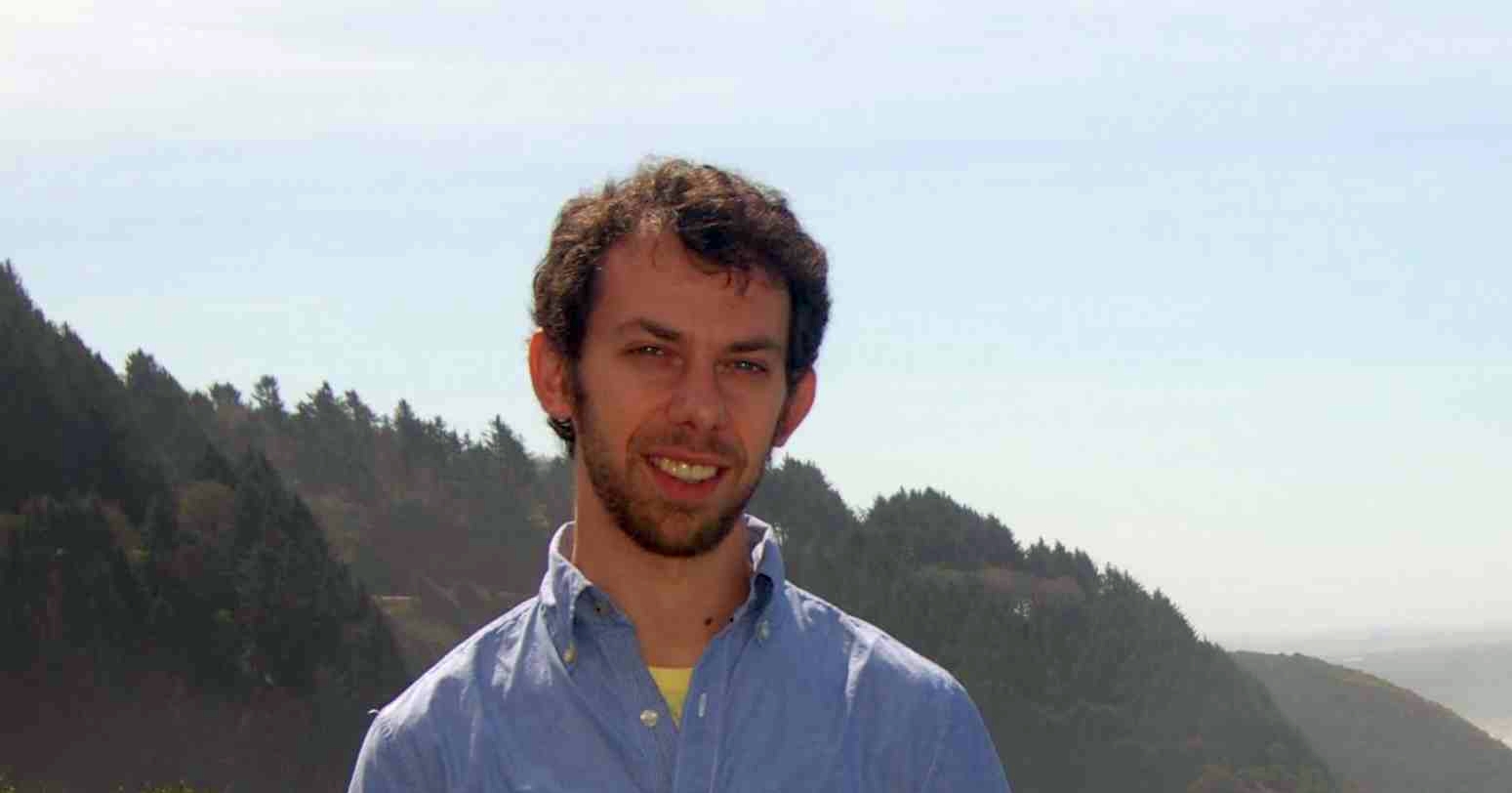
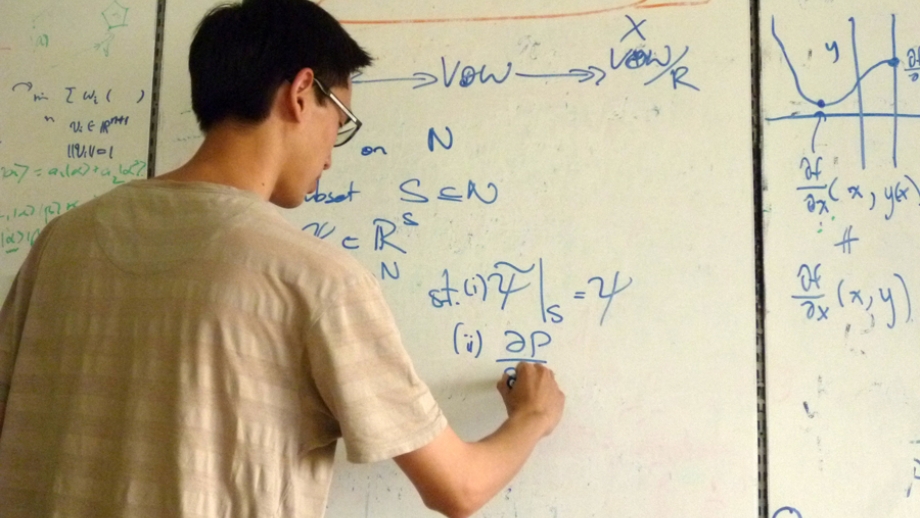
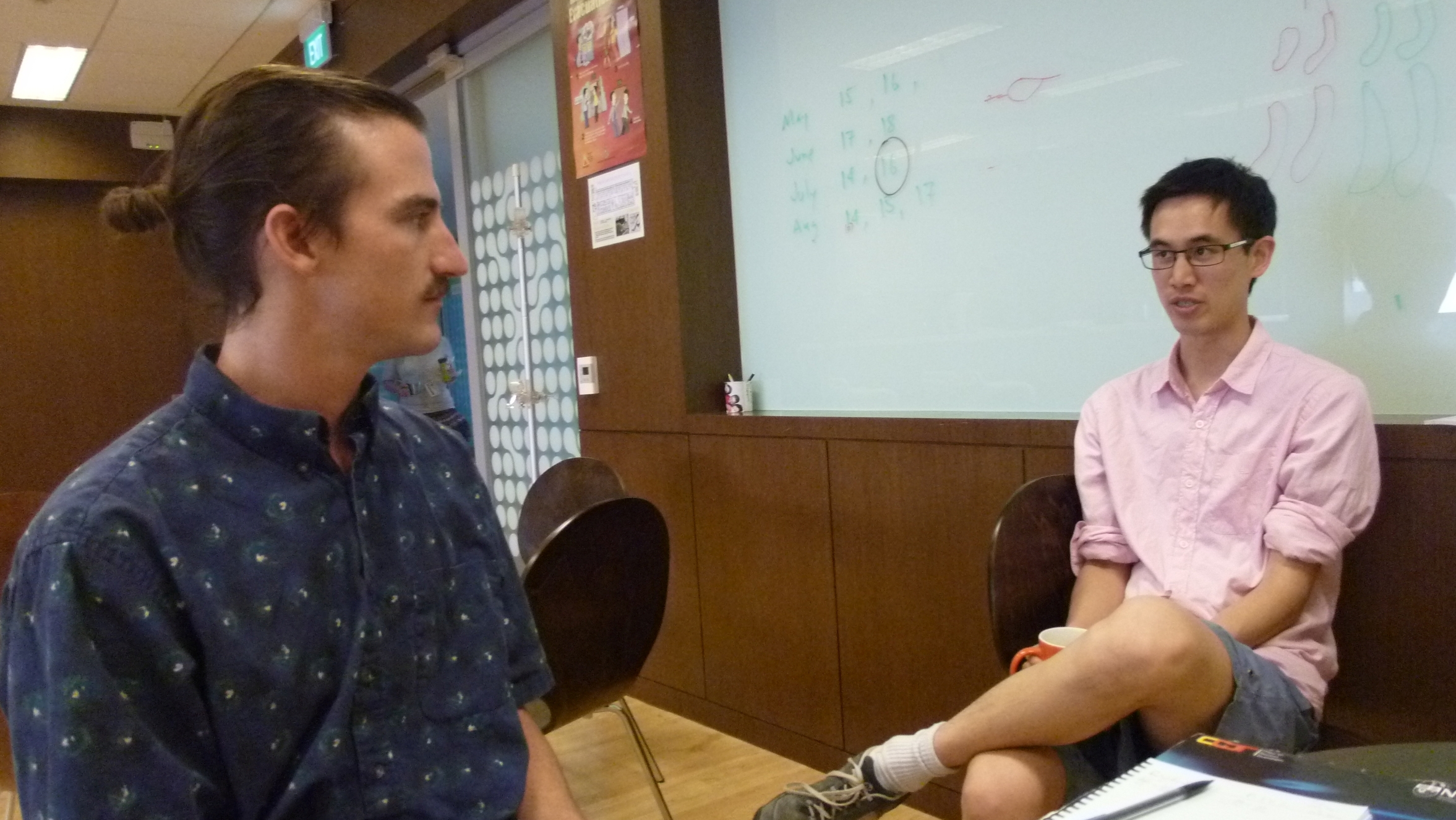
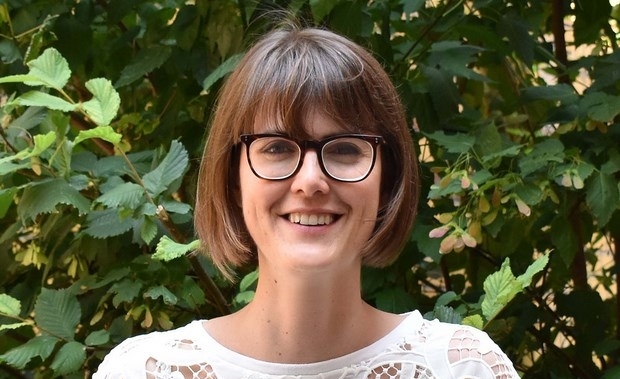

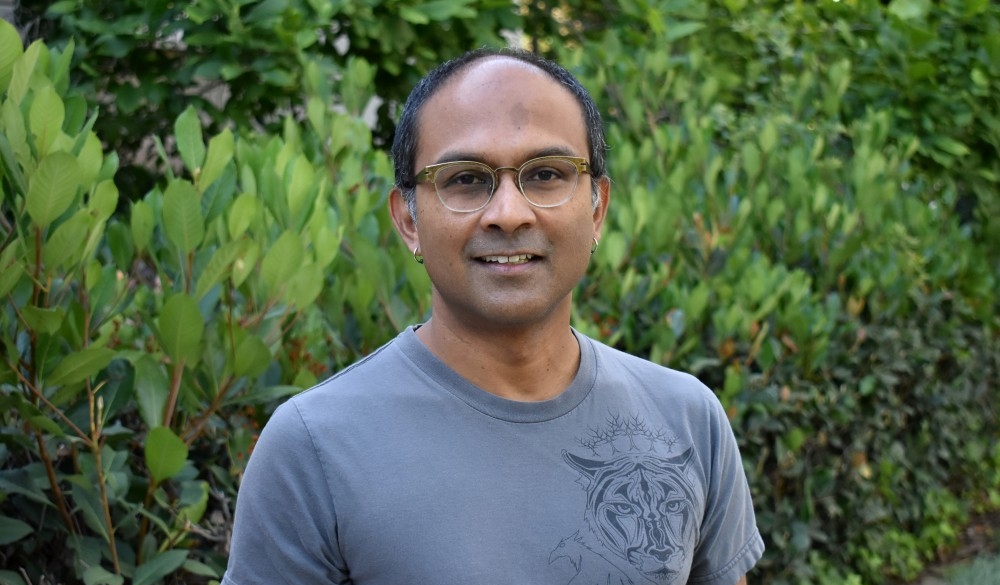

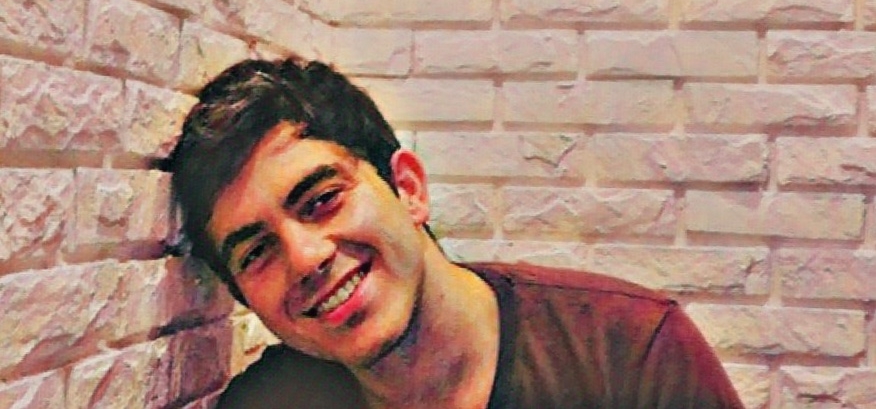
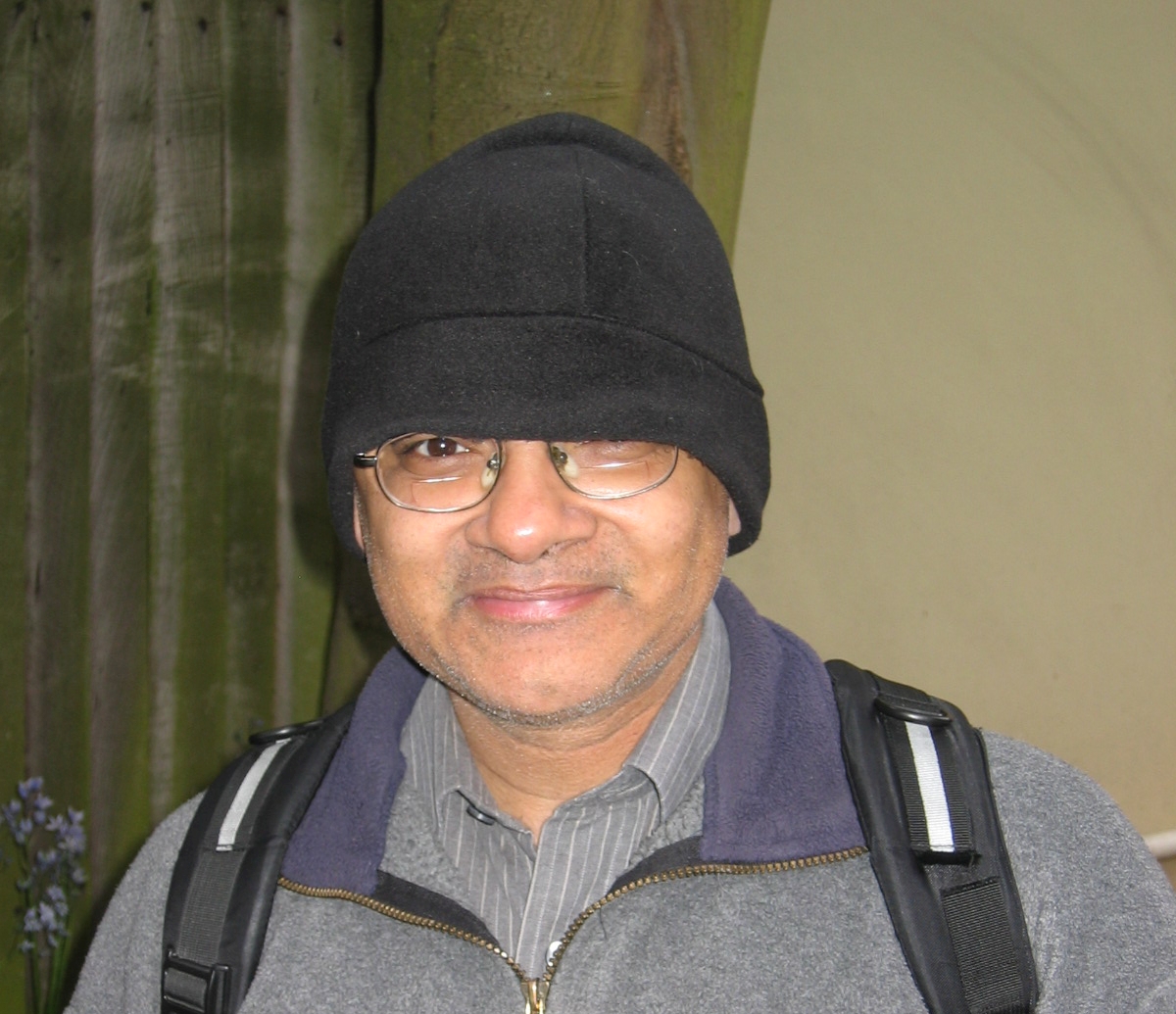
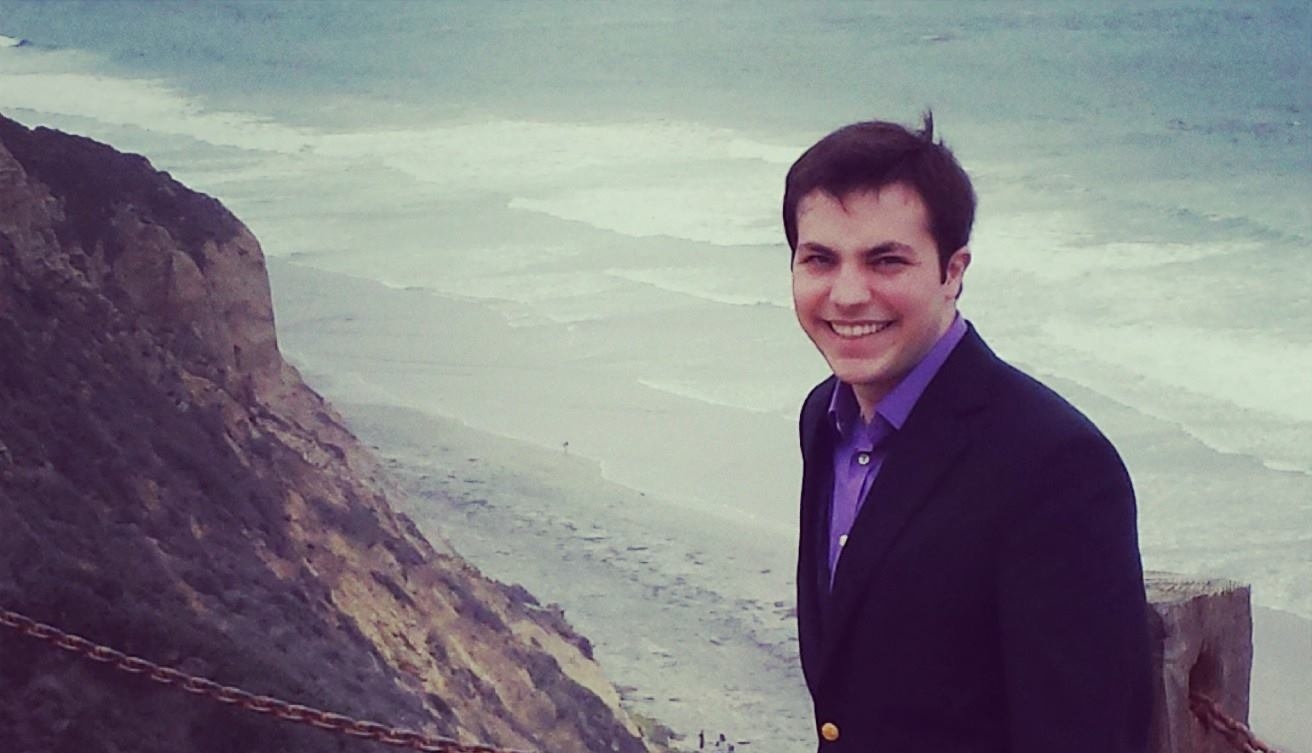
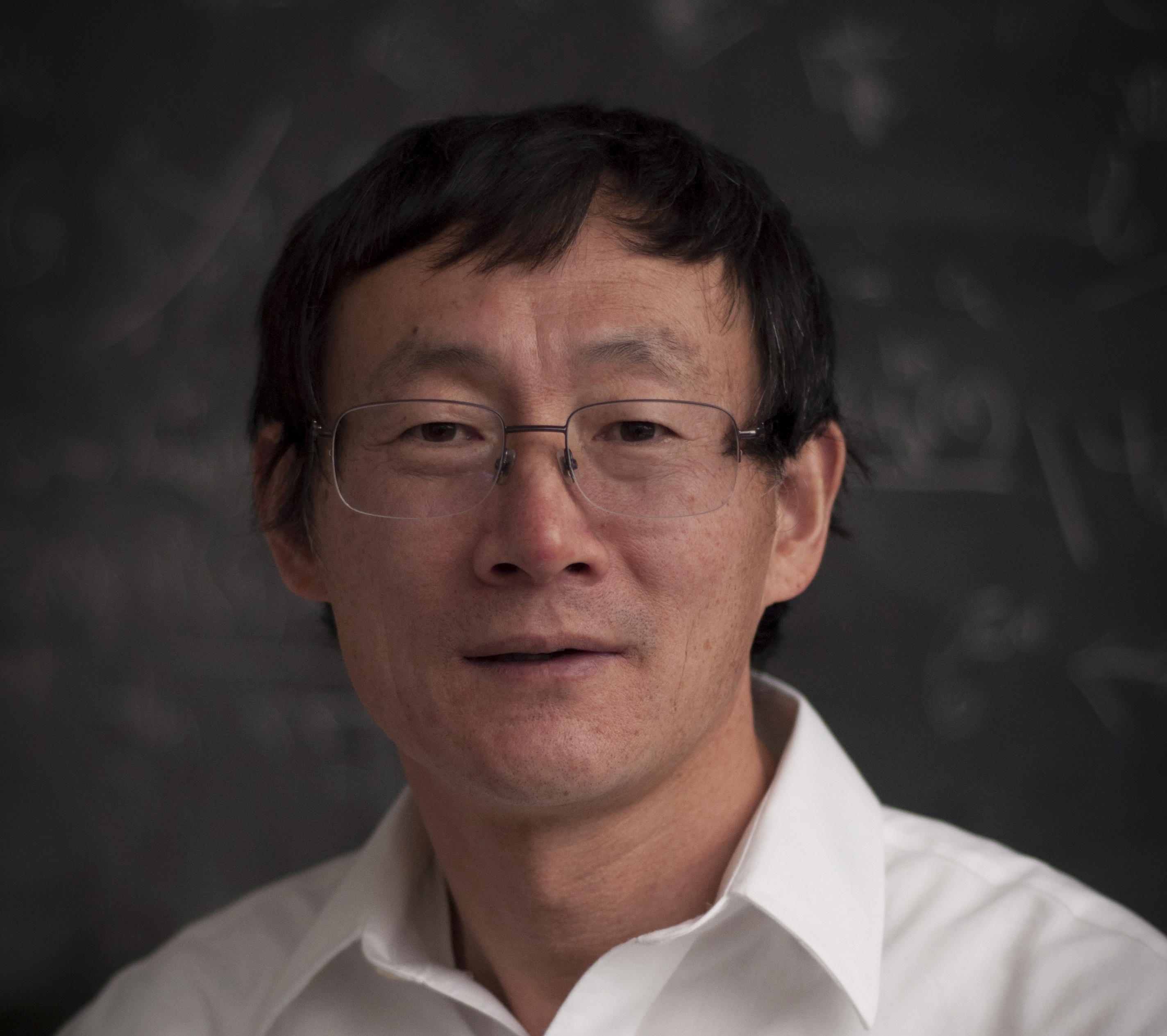
Re: Applied Category Theory Meeting at UCR
I updated the post with a bit more information.